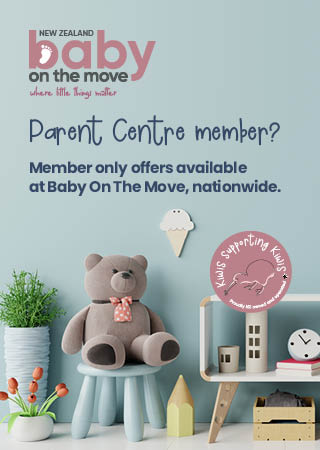Managing your family’s mental health during Omicron

With a new COVID 19 variant in the community and coronavirus media coverage and discussion appearing no matter where we look – it’s natural for feelings of anxiety or stress to crop up in yourself, or members of your family – including your children.
When it comes to managing your own wellbeing, here are a few tips to help:
- Keep active – going to work, doing usual leisure activities and seeing friends can improve general wellbeing and help distract from distressing feelings.
- Spend time in places that feel safe and comfortable as much as possible.
- Reach out to your usual supports – family and whānau, friends and workmates. Sharing how we feel and offering support to others is important.
- Keep to usual routines – mealtimes, bedtime, exercise and so on.
- Tell yourself that how you are feeling is a normal reaction and will pass – it is nothing to be afraid of.
If you find however that your distress or stress symptoms are escalating or you feel you are not coping, help and professional support is available.
If you are in self-isolation, call Healthline first (0800 611 116).
Otherwise, your GP is a good starting point. For support with grief, anxiety, distress or mental wellbeing, you can call or text 1737 to talk with a trained counsellor for free, 24 hours a day, seven days a week.
There may be children in your life who experience distress. As a trusted adult, you can help reassure and educate them about COVID-19 and what life looks like with it in our communities. It’s a good idea to tailor this to ensure it’s explained at an age-appropriate level so they can understand the illness and are reassured. If you feel they are getting distressed through this conversation, reassure them and end it.
Children react to stress differently to adults – they may withdraw or behave in a more ‘babyish’ way, seem anxious or clingy, be preoccupied with illness in their play or drawing, have problems sleeping or nightmares, or may get physical symptoms such as stomach aches or headaches. Here are some tips for supporting children and young people:
- Remember that children look to their parents to feel safe and to know how to respond – reassure them, share that you are upset too but that you know you will all be fine together.
- Encourage them to talk about how they feel.
- Reassure them they are safe.
- Be understanding – they may have problems sleeping, throw tantrums or wet the bed – be patient and reassuring if this happens. With support and care, it will pass.
- Tell them they can ask questions and answer these in plain language appropriate to their age – be honest but avoid details which may distress or cause anxiety.
- Tell them that feeling upset or afraid is normal, that it’s good to talk about it and that they’ll feel better soon.
- Give your children extra love and attention.
- Try to keep to normal routines – mealtimes, bedtimes etc. – allow them to get out and play, to go to the park etc.
However, if a child’s distress is escalating or they are displaying any worrying behaviours (such as extreme withdrawal, terror that you cannot comfort them from etc.), seek help early.
If you or the child(ren) are in self-isolation, call Healthline first (0800 611 116).
Otherwise, your GP is a good starting point. For support with grief, anxiety, distress or mental wellbeing, you can call or text 1737 to talk with a trained counsellor for free, 24 hours a day, 7 days a week. Parents or whānau concerned about a young person should seek help.
Source: Ministry of Health
You can read more about how to prepare for COVID-19 here: https://covid19.govt.nz/prepare-and-stay-safe/be-prepared-for-covid-19/

